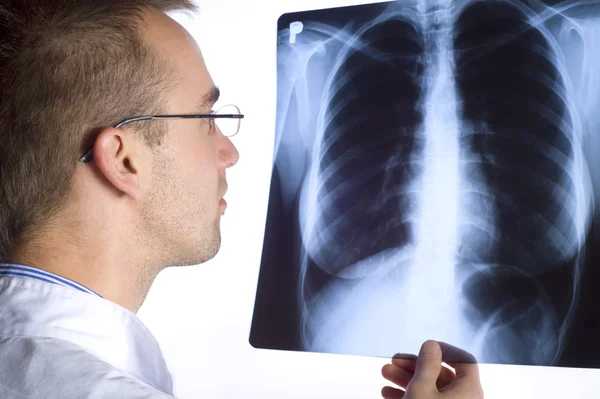Early Signs of Schizophrenia: Recognizing the Red Flags for Early Intervention
Understanding the early signs of schizophrenia is crucial for timely diagnosis and effective treatment. Schizophrenia is a complex mental health condition that can significantly impact an individual's ability to think, feel, and behave.
Understanding the early signs of schizophrenia is crucial for timely diagnosis and effective treatment. Schizophrenia is a complex mental health condition that can significantly impact an individual's ability to think, feel, and behave.
Early intervention can improve long-term outcomes and help manage the condition more effectively. Below, we highlight key early signs to watch for and discuss the treatment options, lifestyle changes, and support that can make a difference.
Recognizing Early Signs of Schizophrenia
Schizophrenia often starts with subtle symptoms that may be difficult to identify at first. Recognizing these early signs is essential for prompt diagnosis and treatment. Some common early signs include:
- Social Withdrawal:Individuals may start to isolate themselves from family and friends, losing interest in social activities they once enjoyed.
- Unusual or Irrational Thoughts:The person might display strange beliefs or have difficulty distinguishing between reality and fantasy.
- Decline in Personal Hygiene:A noticeable drop in self-care routines, such as not showering or wearing unkempt clothing, can be an early red flag.
- Cognitive Difficulties:Difficulty concentrating, memory problems, or a decline in academic or work performance are common early signs.
- Emotional Flattening:The person may appear emotionally distant or show little response to situations that would normally evoke an emotional reaction.
Family and friends are often the first to notice these changes. Early detection allows for a quicker diagnosis and more effective management of the condition.
Treatment Options for Schizophrenia
The treatment of schizophrenia typically involves a combination of medication, therapy, and support services. Common approaches include:
- Antipsychotic Medications:These are the cornerstone of schizophrenia treatment and can help reduce symptoms like hallucinations, delusions, and disorganized thinking. There are two main types:
- Typical Antipsychotics(e.g., haloperidol, chlorpromazine)
- Atypical Antipsychotics(e.g., risperidone, olanzapine), which tend to have fewer side effects.
Finding the right medication and dosage is essential, as side effects can vary.
- Cognitive Behavioral Therapy (CBT):CBT is effective in helping individuals recognize and change negative thought patterns and behaviors. It teaches coping strategies and helps manage persistent symptoms.
- Family Therapy:Involvement of family members in therapy can improve communication, provide education about the disorder, and teach coping mechanisms to reduce stress and improve outcomes.
- Support Groups:These groups offer individuals and their families a space to share experiences and learn from others facing similar challenges.
The Role of Lifestyle Changes
In addition to medication and therapy, lifestyle changes play a significant role in managing schizophrenia. These include:
- Regular Exercise:Physical activity can reduce stress, improve mood, and promote better overall well-being.
- Balanced Diet:A healthy diet supports brain function and emotional stability. Avoiding substances like caffeine, drugs, and alcohol is essential, as they can worsen symptoms.
- Adequate Sleep:Establishing a regular sleep routine helps with mental clarity and emotional regulation.
- Stress Management:Techniques such as mindfulness, yoga, and meditation can reduce stress and enhance mental health.
Encouraging participation in social activities and hobbies can also improve quality of life and provide a sense of purpose.
The Importance of Ongoing Support
Ongoing support is critical for managing schizophrenia. This support can come from various sources:
- Mental Health Professionals:Regular appointments with psychiatrists, therapists, or counselors help monitor symptoms and adjust treatment plans as needed.
- Family and Friends:A supportive family network can provide emotional stability and encouragement.
- Community Resources:Support groups and community organizations offer resources that help individuals with schizophrenia feel connected and less isolated.
Building a strong support network is key to achieving better outcomes and managing the challenges of the disorder.
Future Directions in Schizophrenia Treatment
Research into schizophrenia treatment continues to evolve, with new therapies and approaches on the horizon. Some exciting developments include:
- New Medications:Ongoing research is focused on developing antipsychotic medications with fewer side effects and greater efficacy.
- Digital Tools:Advances in digital health tools, such as apps and wearable devices, are being explored to monitor symptoms and provide support.
- Personalized Medicine:Treatments tailored to an individual's genetic makeup and symptom profile offer promise for more effective, customized care.
As research progresses, there is hope for more targeted treatments that can improve the quality of life for individuals with schizophrenia.








